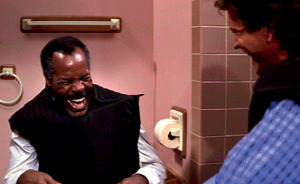 I thought that title would catch your attention. Let me explain how I wrote a novel in a month and how you might be able to do it too.
I thought that title would catch your attention. Let me explain how I wrote a novel in a month and how you might be able to do it too.
It really took me over nine months to complete my latest novel – the fourth in my Scott Tucker Series. The first three books are fast-paced mystery thrillers – clean but sexy. For some reason, this fourth book turned out much racier. MUCH racier. Not quite erotica, but definitely not of the same style as the first three. So what did I do? I rewrote it to match the earlier installments, and then I published both versions under different titles.
Writing two novels in nine months is not that bad, but really one only took a month. How can I do that? Well, I’ll tell you. Continue reading “How I Wrote a Novel in a Month”



